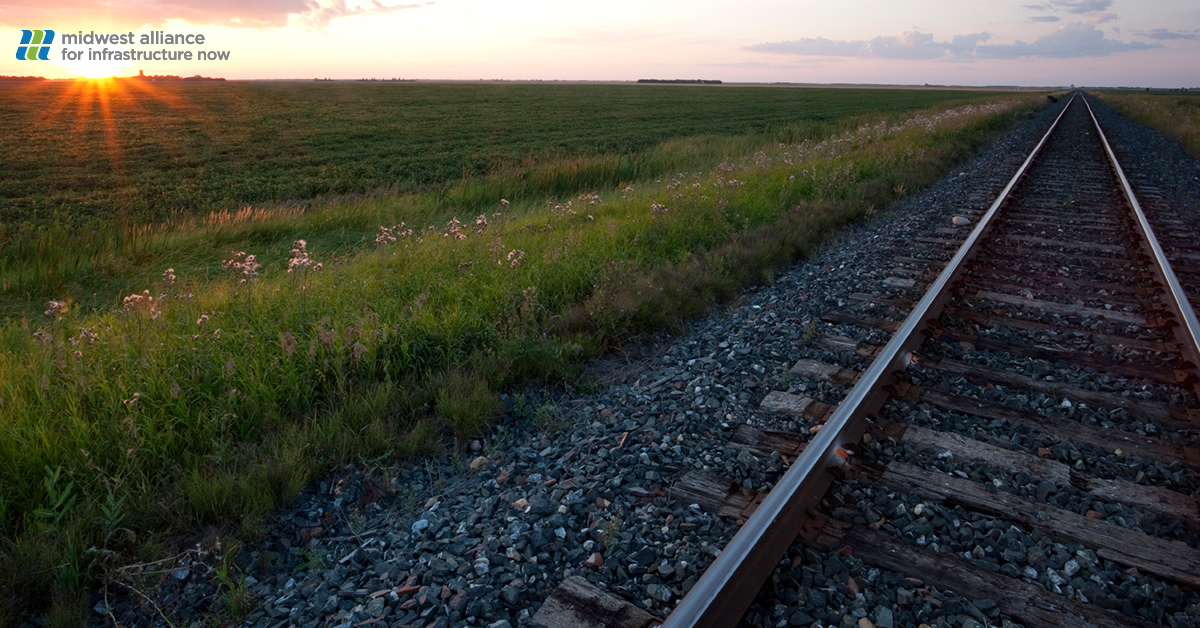
The American Farm Bureau Federation has released a paper examining the link between oil rail shipments and the backlog faced by agricultural producers in the Upper Midwest. According to AFBF Chief Economist Bob Young:
American farmers depend upon rail freight to move their products to market. The surge in rail transportation of crude oil has affected that ability and timing in recent years. Construction of new pipelines would certainly be a more effective way to move that product to market. It would take crude oil off the rails and, in doing so, improve the overall efficiency of the transportation system. Improved pipeline infrastructure will also help enhance American energy security for everyone.
The author of the study, ag expert Elaine Kub highlighted the unique challenges that farmers face when attempting to move their product:
Due to the nature of grain production and use, the industry is fairly inflexible about which freight methods it can use, so any time one of those methods is unavailable, crops are lost or cost more to transport. This leads to more expensive food for families and less profitable incomes for farmers. Crude oil, however, can be more efficiently and affordably shipped through pipelines, and can be done without crowding already overstressed railways.
Far from identifying problems with our infrastructure, the study also took a proactive look at what could be possible:
The AFBF study also featured mathematically simulated scenarios showing how expansion of any freight method – truck, rail, barge, or pipeline – can reduce overall congestion and, in certain scenarios, could increase the annual volume of grain moved by as much as 14 percent.
To read the entire study, click here.